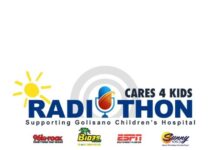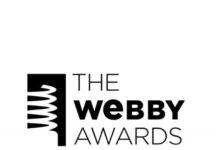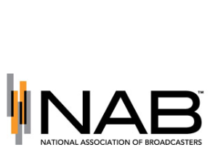
(Mike McVay) Radio has an advantage. I’m using the name “Radio” to mean the product and not the receiver.
We have huge distribution. AM/FM Radios are in-car, streaming on-line, available on Smart Speakers, on your phone via on-demand apps and via podcasting. TV, Cable TV, DSP’s, Recorded Music and Video apps wish that they had our distribution, and yet we have to acknowledge that radio is seeing audience erosion. Our competitors are catching up with us. Still distant, but closer every year.
Why is it that we continually focus on telling potential advertisers and listeners how good we are instead of improving our product to be as good as we say we are? We have to ask ourselves if we are willing to be more competitive with the new media challenges that we’re facing? Why do we keep kicking the can down the road versus facing our adversaries and taking advantage of our natural strength? That strength is our distribution. Everyone else wishes that they were as ubiquitous as we are by being in-home, in-car, at-work, mobile, and always free. No cost. A free service.
The audiences that flee from radio, or use radio less than they used to, do so because they have more options where there may be better content or better entertainment that satisfies them in a greater fashion than radio is satisfying them. This previous sentence shouldn’t be shocking to anyone. It is obvious and shouldn’t come as a surprise to anyone. The surprise, if there is one, is that we continue to take an ostrich-like approach to the erosion that we’re experiencing and at most acknowledge that we don’t have the stomach to improve the listening experience to stop the erosion and regenerate an audience.
Think about it for a moment. If a person wants 100% Music, then going to a DSP for All Music is the same as the “olden days” when someone listened mostly to their CD’s, or in today’s world it’s the same as downloading music to listen to on your phone or smart speaker. Competing with a music service means that you must either match their music benefit or provide something that’s more than music. The DSP’s are not direct competitors for ratings, but they are an “audience robber.” When you lose a listener to another entertainment platform, you lose Average Quarter Hours.
Take advantage of our advantage; If radio played significantly fewer commercials and more music, with talk from entertaining and engaging personalities, wouldn’t we see a rating increase? We shouldn’t accept that our business is eroding and that there’s nothing to be done about it. The comparison to the demise of newspapers, or to the buggy whip’s extinction when cars came along, are not appropriate in this case. We’re free. We’re advertiser supported. We’re mass media and we are everywhere. We’re just not willing to do what it takes to stop the erosion … yet.
Mike McVay is President of McVay Media and can be reached at [email protected]









People like Mike McVay have been writing articles like this since the early 2000s. Nothing has changed. Radio’s slow, painful death march continues…
Yes, radio is free. But you get what you pay for.
Radio has had a one-size fits all answer since at least 2008, cut more people, consolidate those remaining into more positions, get rid of anybody whose proven and costs above minimum-wage, etc.
How’s that working out?
– Has radio increased its share of the revenue pie?
– How’s “rate integrity”?
– How many year’s is any given station up?
– What constitutes up now? Does +5% call for a “happy dance”?
– Is radio improving its Cume?
– Does TSL suggest people are happy with the products they are listening to?
Considering a lot of people running these companies didn’t spend decades inside radio stations working from the bottom up, and are financial managers by background, maybe it’s not surprising. Although there are people running companies who worked their way up. They ought to know better.
With every round of cuts the radio industry moves further away from any ability to fix itself and one step closer to irrelevance.
In 1984, Roger Taylor wrote, and Freddie Mercury sang:
“You had your time, you had the power
You’ve yet to have your finest hour
Radio (radio)
All we hear is radio ga ga
Radio goo goo
Radio ga ga
All we hear is radio ga ga
Radio blah blah
Radio, what’s new?
Radio, someone still loves you”
Some 35 years later, I wonder how many still think radio has yet to have its “finest hour” and still “love,” radio?
Great points, Andy.